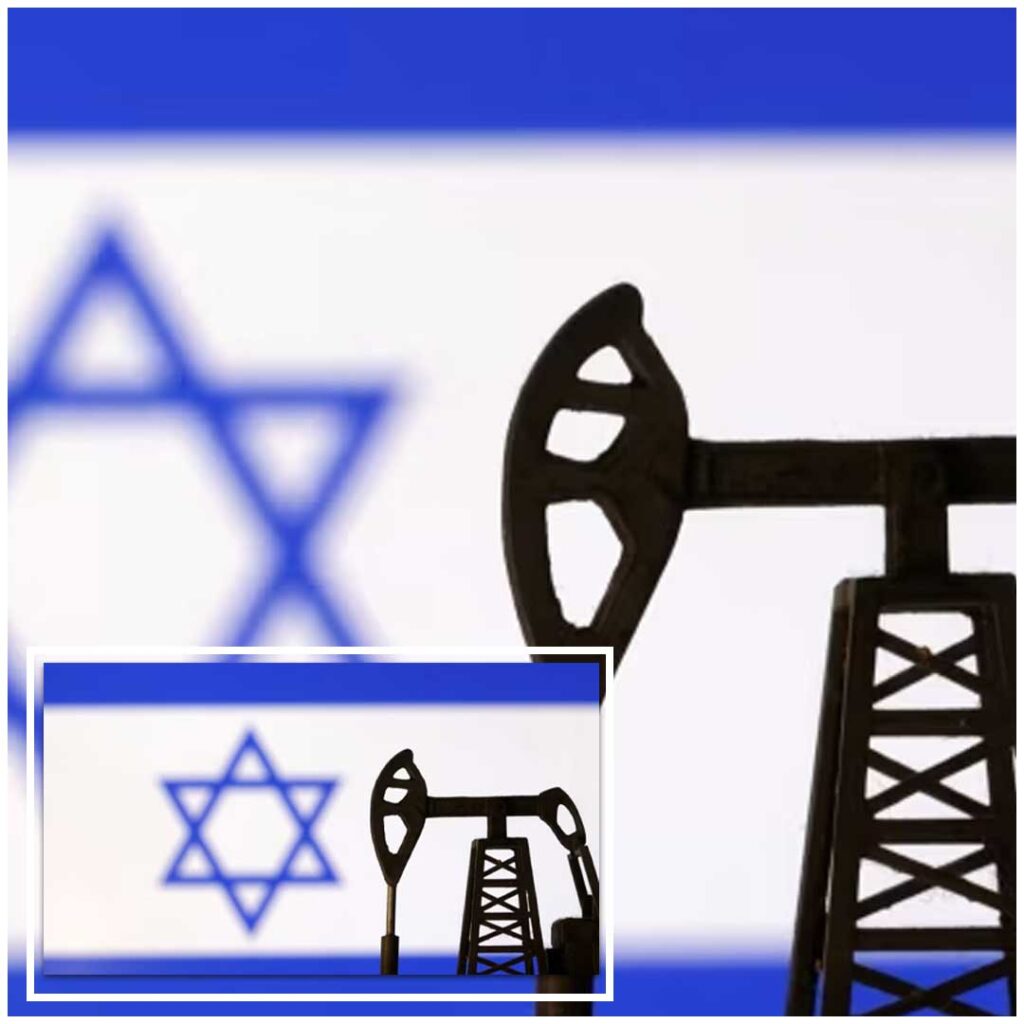The longstanding conflict between Hamas, the Palestinian militant group, and Israel has far-reaching consequences that extend beyond the borders of the Middle East. One such impact is the effect on global oil prices. The recent escalation of tensions and violent clashes between these two entities has once again brought the geopolitical dynamics of the region into the spotlight, resulting in fluctuations in the energy markets worldwide.
The Geopolitical Significance
The Middle East has long been a critical region for the global oil market. It is home to some of the world’s largest oil-producing countries, including Saudi Arabia, Iran, Iraq, and the United Arab Emirates. These nations collectively produce millions of barrels of oil per day, making their stability and security a matter of global concern.
The Hamas-Israel conflict, which primarily unfolds in the Gaza Strip and neighboring areas, has a significant geopolitical dimension. Israel, a key ally of the United States, and Hamas, which is often viewed as a proxy of Iran, have a history of hostilities that date back decades. Any escalation in this conflict can have ripple effects on regional stability, which, in turn, can influence oil prices.

Oil Market Sensitivity to Geopolitical Events
The global oil market is highly sensitive to geopolitical events, especially those occurring in the Middle East. Any disruption in the production, transportation, or distribution of oil from this region can lead to supply concerns and price volatility. Traders and investors closely monitor developments in the Middle East, and even minor disruptions can trigger price spikes.
The Hamas-Israel conflict falls into the category of events that can influence oil prices. Concerns about potential disruptions to oil supplies or the risk of a wider regional conflict can lead to speculators buying oil futures, causing prices to rise. While the direct impact on oil production from this conflict may be limited, it’s the perceived risk and uncertainty that tend to drive market reactions.
Recent Price Movements
As the recent Hamas-Israel conflict escalated, the oil market reacted swiftly. Prices began to climb, reflecting concerns over potential supply disruptions and geopolitical instability. The extent and duration of this price increase depend on various factors, including the duration of the conflict, its intensity, and how global oil producers respond to any perceived risks.

In the past, major conflicts in the Middle East, such as the Gulf War and the Arab Spring, have led to significant spikes in oil prices. While the world has become less reliant on Middle Eastern oil due to increased production from other regions, the Middle East still plays a pivotal role in global energy markets.
Impact Beyond Prices
The impact of the Hamas-Israel conflict on oil prices extends beyond the pump. Higher oil prices can have economic repercussions, affecting industries ranging from transportation to manufacturing. Consumers may feel the pinch as the cost of goods and services tied to oil production and transportation rises.
Furthermore, geopolitical tensions in the Middle East can lead to broader instability in the region, potentially disrupting oil infrastructure and supply chains. This can create additional challenges for energy markets, raising concerns about the long-term availability of oil resources.
Conclusion
The Hamas-Israel conflict is a stark reminder of the interconnectedness of global geopolitics and energy markets. While the direct impact on oil production from this specific conflict may be limited, the broader implications for regional stability and global oil prices should not be underestimated. As long as conflicts and tensions persist in the Middle East, the world will continue to watch closely, knowing that any disruption in this critical region can reverberate through energy markets and affect economies worldwide.






















